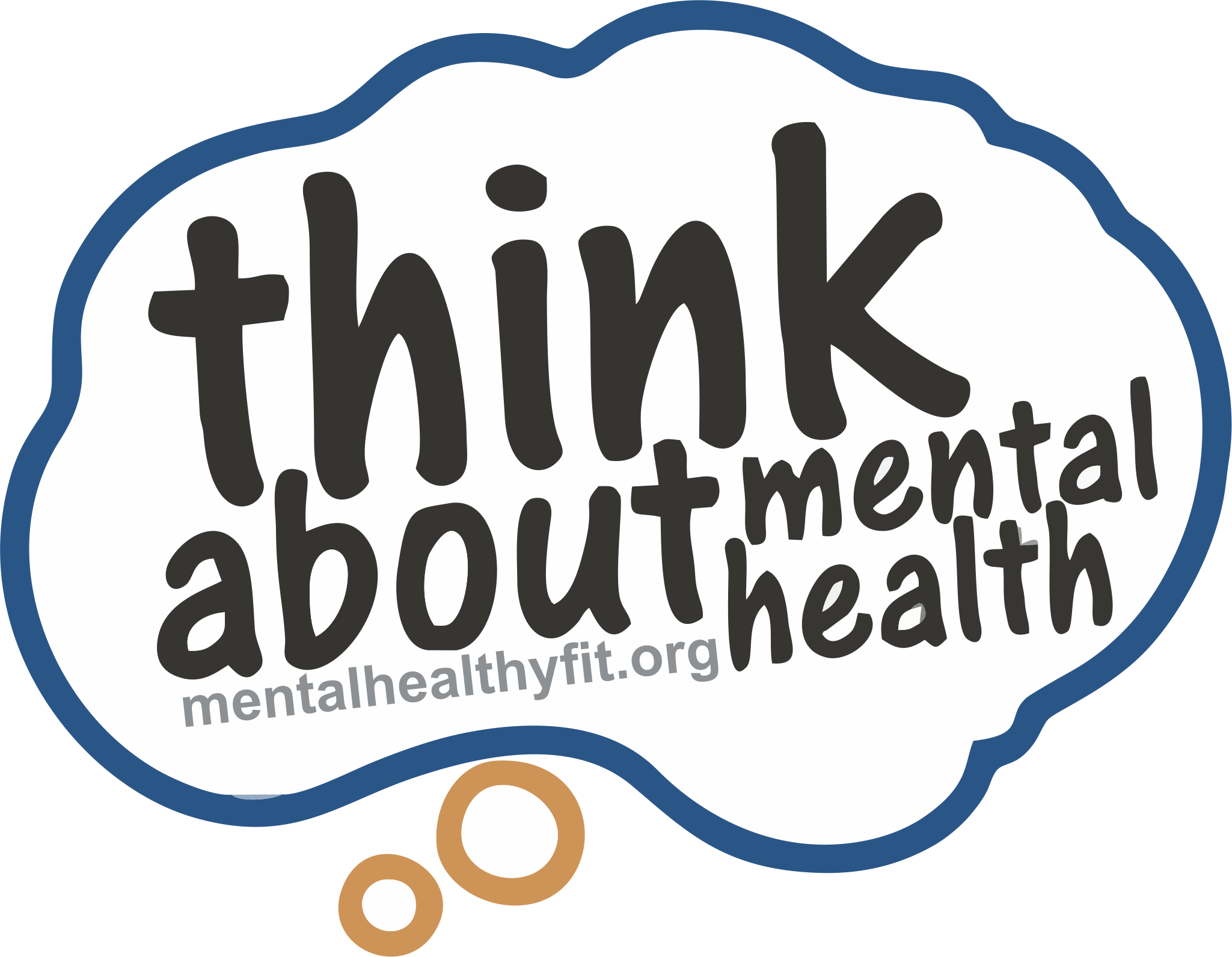POSTPARTUM DEPRESSION (PPD)
Postpartum depression is a serious illness that can occur in the first few months after childbirth. It also can happen after miscarriage and stillbirth. Postpartum depression can make you feel very sad, hopeless, and worthless. You may have trouble caring for and bonding with your baby.
Rainbow In Grayscale
“I think I have postpartum depression,” I said. I repeated those words to my husband, to my mother, to my father, to my friends, to my doctor.
Each time I said them, I felt better. Each week, I cry less. Each day, I feel better. My Journey with Postpartum Depression, Aimee Terravechia
Creator - Marilee O'connor and Matt O'connor
My Journey with Postpartum Depression - Aimee Terravechia
“What a little cutie.” A waitress wiggled her finger in front of munchkin’s face. It was my first time out at a restaurant with her. She had just woken up from her nap. She smiled wide, her eyebrows raised, and her bright red hair caught the light. She was cute, beautiful even. But every mention of her cuteness made my breasts ache, not only from the endless cycle of engorgement and emptiness, but also from the force of her kicking and hitting my chest at each feeding, from her thrashing on me as I tried to burp her, from her volcanic meltdowns when my milk ran dry.
“Thank you,” I said. I held her tight and squeezed her cheeks. I didn’t know what I was doing. “Maybe this was a mistake.” I repeated those words to myself daily. I learned that breast milk stained my couch cushions, that munchkin’s mood would mirror mine, that there was no time to eat or bathe or sleep between feedings and diaper changes. The first words out of my mouth when I gave birth were “Oh my god, she’s beautiful.” The second words were “I don’t know if I want to do this again.” The second words echoed in my head, and I hated myself for saying them. This wasn’t munchkin’s fault, it was mine.
“If you want my advice,” a woman in the waiting room began. But I didn’t. Everyone had their tricks, their pointers, their hints. None of their words of wisdom told me how to stop crying when nothing was wrong. None of them told me how to feel like a whole person.
I breastfed her and let her sleep on my chest. She used my nipples as pacifiers, and listened to my heartbeat to calm her down. “She loves you,” my husband said. “She wants to be close to you.” I nodded. Every day when he came home from work she would smile wide for him. At home, with me, she would barely crack a grin. He made her happy, he held her without her pushing against him, he changed her diaper without her screaming. He was the good parent.
“I think I have postpartum depression,” I said.
I repeated those words to my husband, to my mother, to my father, to my friends, to my doctor.
Each time I said them, I felt better. Each week, I cry less. Each day, I feel better.
It took me eight weeks of sobbing to convince myself to say those words. Another two weeks before I let myself call my doctor. I got help. I look at munchkin now and smile, and she smiles back. One day soon, all I’ll remember are the smiles.
What is out there to help?
First thing to know is that you are not alone. There are many people around you that will offer a helping hand if you reach out. Below are a few organizations that can help get you on the road to recovery.
POSTPARTUM PROGRESS. Postpartumprogress.com is the world’s most widely-read blog dedicated to maternal mental illness.
PERINATAL ANXIETY AND DEPRESSION. PANDA provides a vital service across Australia by offering the only specialist national perinatal mental health telephone counselling service, as well as reducing stigma around perinatal anxiety and depression, and providing education services to health professionals and the wider community.
POSTPARTUM SUPPORT. The purpose of the organization is to increase awareness among public and professional communities about the emotional changes that women experience during pregnancy and postpartum.
Treatment
- Therapies, Cognitive behavioral therapy A talk therapy focused on modifying negative thoughts, behaviors, and emotional responses associated with psychological distress. Psychoeducation Education about mental health that also serves to support, validate, and empower patients.
- Medications, Selective Serotonin Reuptake Inhibitor (SSRI) Eases symptoms of depressed mood and anxiety.
- Self-management strategies, Relaxation techniques, Deep breathing, meditation, yoga, rhythmic exercise, and other activities that reduce symptoms of stress.
Postpartum depression is a very real, serious condition. Mothers (or even fathers in some cases) need professional treatment for it, as it might not go away on its own.


